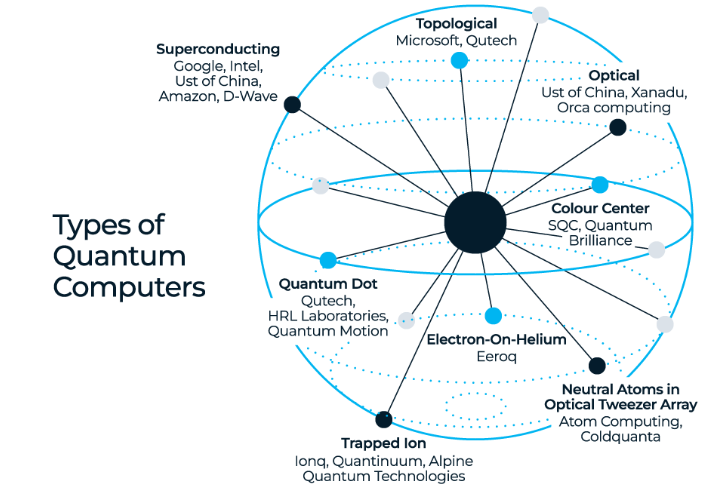Quantum computing is an advanced technology that has the potential to change industries, solve complex problems, and push computing beyond its current limits. Unlike traditional computers, quantum computers use quantum mechanics to process data faster and more efficiently. In this article, we’ll explain what quantum computing is, how it works, and why it matters.
Contents
What is Quantum Computing?

What is Quantum Computing?
Quantum computing uses qubits instead of traditional bits. While a classical bit can be either 0 or 1, a qubit can exist in multiple states at once due to superposition. Additionally, qubits can be linked together through entanglement, allowing for faster computations.
Key Principles of Quantum Computing
- Superposition – Qubits can exist in multiple states simultaneously, allowing quantum computers to process vast amounts of data at once.
- Entanglement – Entangled qubits are connected in a way that changing one affects the other, even over long distances.
- Quantum Interference – Quantum computers use interference to enhance correct answers while canceling incorrect ones.
How Quantum Computing is Different
Speed and Efficiency
Quantum computers can solve complex problems much faster than classical computers. For example, they can break encryption codes and optimize logistics in ways that traditional computers cannot.
Problem-Solving Power
Quantum computing is useful for:
- Optimization – Improving supply chains, logistics, and financial models.
- Simulation – Modeling molecules for drug discovery and new materials.
- Artificial Intelligence (AI) – Enhancing machine learning and data analysis.
Applications of Quantum Computing
Cybersecurity & Cryptography
Quantum computers can crack current encryption methods, but they also help create quantum-safe cryptography to protect sensitive data.
Healthcare & Drug Discovery
By simulating molecules at a quantum level, researchers can develop new drugs and treatments faster.
Finance & Investment
Quantum computing helps optimize investment portfolios, risk management, and fraud detection.
Artificial Intelligence (AI)
Quantum computers improve machine learning algorithms, making AI smarter and more efficient.
Supply Chain & Logistics
Quantum optimization can reduce costs and increase efficiency in transportation and inventory management.
Challenges of Quantum Computing
Technical Barriers
Quantum computers are sensitive to their environment and require extremely low temperatures to function.
High Costs
Building and maintaining quantum computers is expensive, but costs are expected to decrease over time.
Skill Shortage
There is a shortage of experts in quantum computing, making it difficult for businesses to adopt the technology.
The Future of Quantum Computing
Quantum Supremacy
This refers to the moment when quantum computers outperform classical ones. While companies like Google claim to have reached this stage, practical applications are still in development.
Industry Collaboration
Tech giants like Google, IBM, and Microsoft are investing heavily in quantum computing research. Collaboration between businesses, universities, and governments will speed up progress.
Ethical Considerations
Quantum computing raises concerns about data privacy, security, and ethical use. Regulations will be needed to ensure responsible development.
Conclusion
Quantum computing is set to revolutionize technology with faster processing and innovative applications. While challenges remain, its potential in cybersecurity, healthcare, AI, and finance is undeniable. Staying informed and prepared for this shift will help businesses and individuals take advantage of the quantum future.
